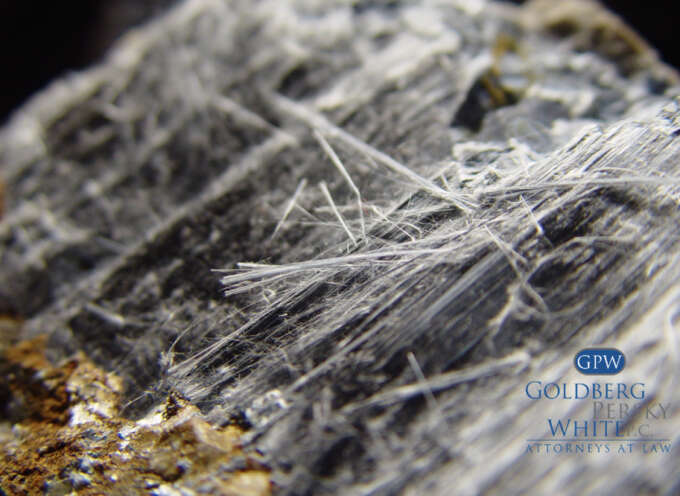PITTSBURGH MESOTHELIOMA LAWYERS
Have you been injured by asbestos? Exposure can cause mesothelioma, lung cancer, and other asbestos-related diseases.
More than 30 years ago, the asbestos attorneys of Goldberg, Persky & White were pioneers in asbestos lawsuits; today, we are the largest law firm in Western Pennsylvania representing injured people. Our experience in asbestos and mesothelioma lawsuits, our large collection of corporate evidence and expert testimonies, and our dedication to the victims of asbestos exposure make us local leaders in asbestos litigation.
We have represented thousands of mesothelioma, lung cancer, and asbestosis victims. Because of our involvement in asbestos litigation from the beginning, our Pittsburgh mesothelioma lawyers have a clear understanding of what is required to succeed, especially in mesothelioma lawsuits.
Working Lawyers for Working People
Asbestos History
The industry titans that used asbestos products knew for decades how carcinogenic the “miracle mineral” was and did not warn or protect their employees from the risks posed by asbestos exposure. Corporations put profits over the lives of their workers and those workers’ families. Many were left unaware of the link between their exposure to asbestos and their cancer.
Job Sites
Over 30 years of asbestos litigation, we have collected depositions, invoices, blueprints, and other documentation on thousands of job sites. Our list of asbestos job sites is just a portion of locations where our former clients have worked.
FAQ
Do I have an asbestos case? How much will my asbestos lawsuit cost? How long will it take to resolve? Our Asbestos Attorneys can easily answer your commonly asked questions.
PRACTICE AREAS
⁂
Lung Cancer & Mesothelioma
Toxic Exposure
Medical Malpractice
Personal Injury
Dangerous and Defective Products
Nursing Home Negligence
Property Damage
Asbestos Overview
The Opioid Crisis
MEET OUR ATTORNEYS
⁂
RECENT HEADLINES
⁂

Norfolk Southern Agrees to…

Mesothelioma Victims in Libby,…















